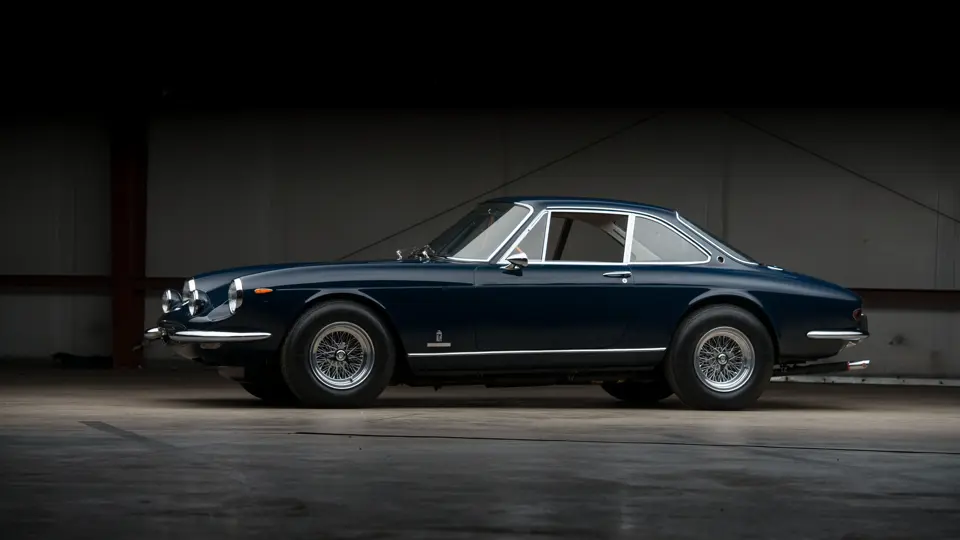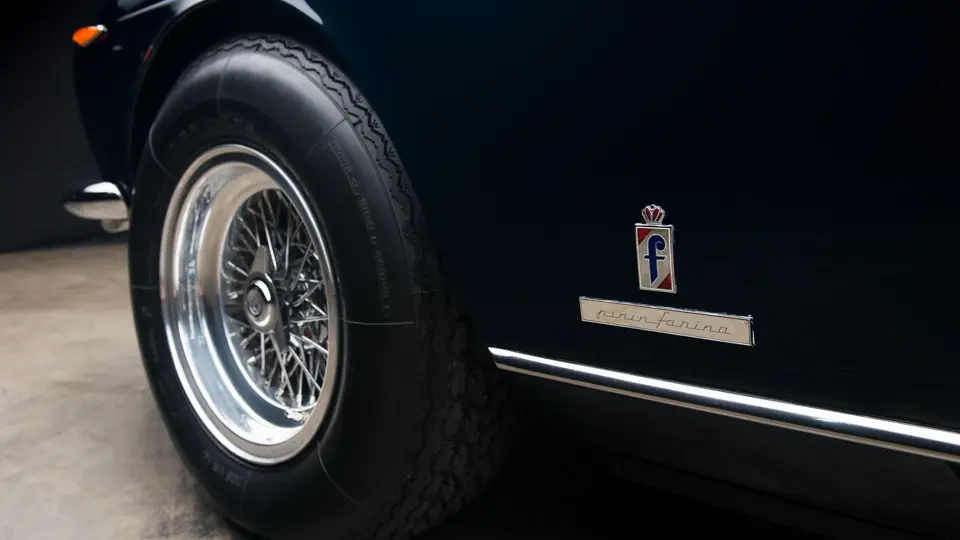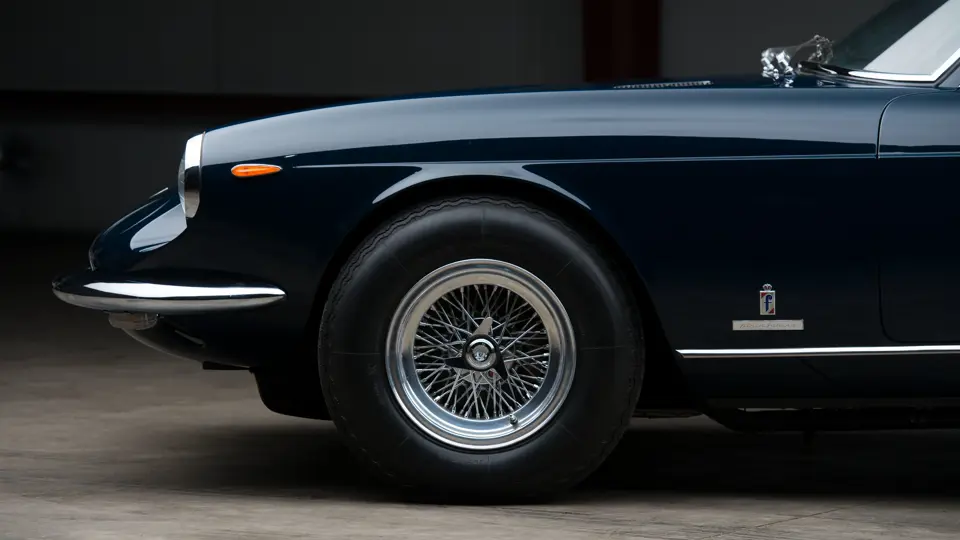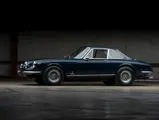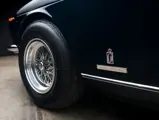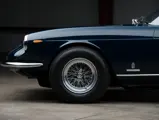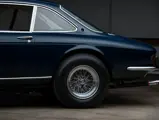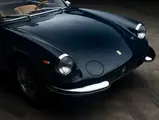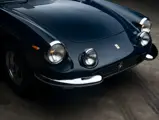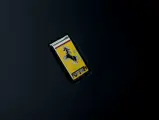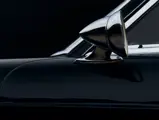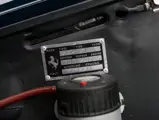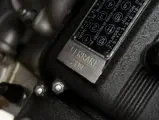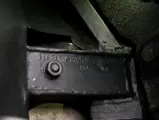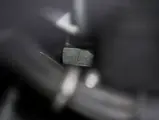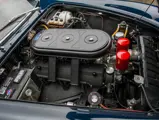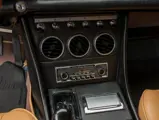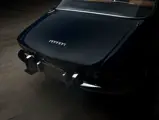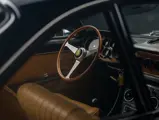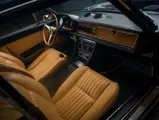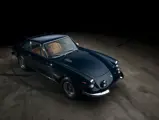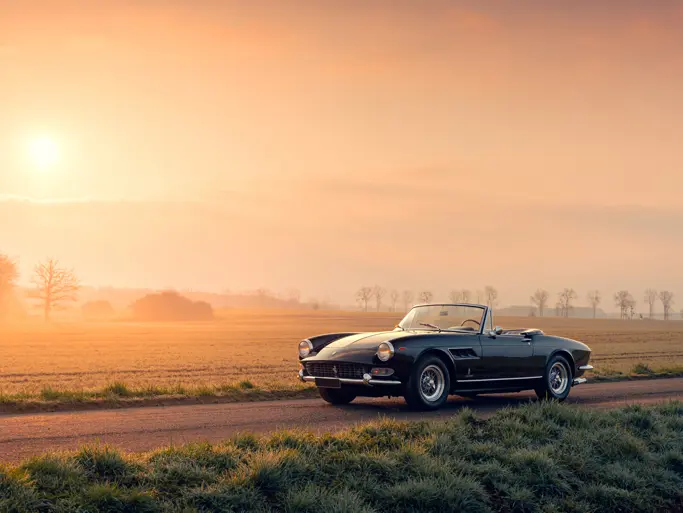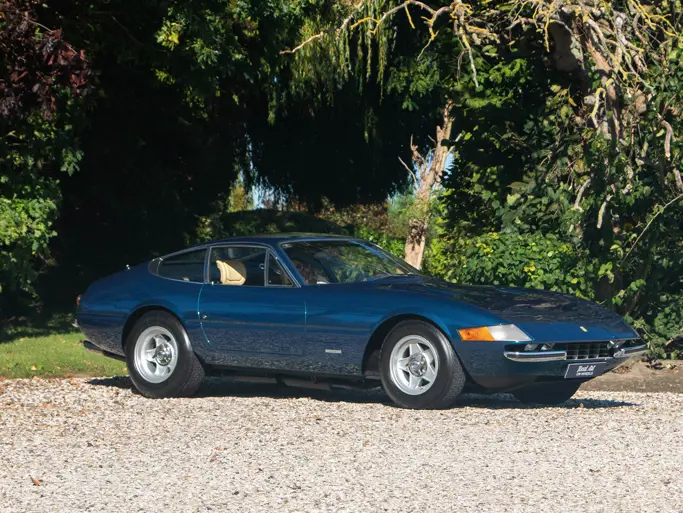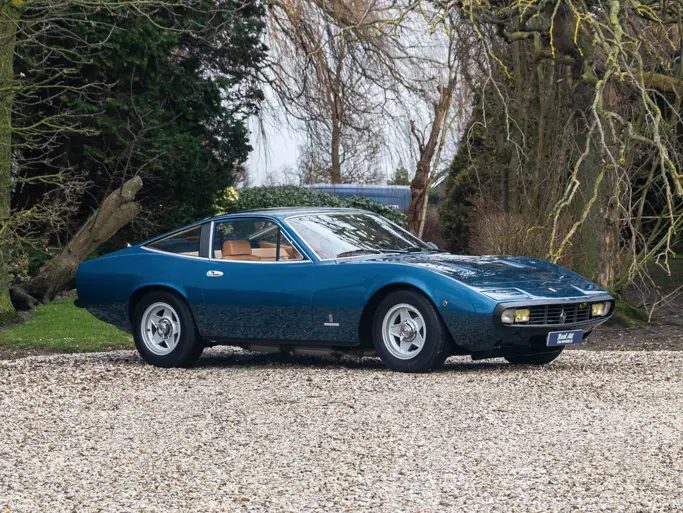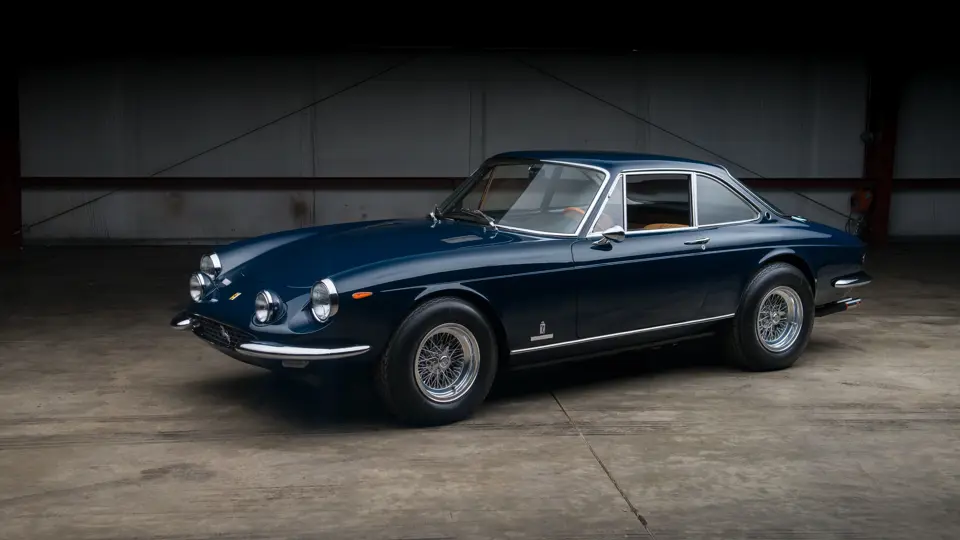
1966 Ferrari 330 GTC Speciale by Pininfarina
{{lr.item.text}}
$967,500 USD | Sold
{{bidding.lot.reserveStatusFormatted}}
- One of six “Speciale” examples built on the 330 GTC platform
- The 4th example built; provided new to Sergio Pininfarina as a design study of future GTC development
- Numerous one-off features, including pop-up foglamps, plus several prototype features that were subsequently approved for production examples
- Retains matching-numbers engine
- Exacting 14-year restoration completed in 2002, including refinish in original factory paint color
The unique relationship between Ferrari and Pininfarina has yielded many fascinating and captivating designs since the coachbuilder became Maranello’s preferred carrozzeria for road cars in the mid-1950s. In addition to the better-known series-built production models, Pininfarina has built numerous one-offs and show cars, even further distinguishing its legendary resume. But relatively few of those cars claim to be design studies that were personally owned by a member of the Pininfarina family, as does this exceptional 330 GTC Speciale.
According to the combined research of marque expert Marcel Massini and GTC specialist/author Maurice Khawam, chassis number 8727 is the fourth of 600 330 GTC examples built. Following its July 1966 completion as a standard 330 GTC, the car was purchased by Sergio Pininfarina to be the subject of a developmental design study for future variants of the GTC model.
Focused exclusively on the cosmetic aspects and interior functions, Pininfarina incorporated a host of subtle modifications on the 330, many of which would go on to become regular production features in ensuing examples. Primarily he removed the car’s original Bleu Vaumol leather and replaced it with light blue cloth upholstery, in an aim to make the car more comfortable during hot Italian summers. Cloth upholstery later became an option for 330 GTC buyers. The interior windshield vents were relocated to the top of the dashboard, and heater controls were divided into discreet right- and left-side dual levers, modifications that were later adopted in the 365 GTC.
Most significantly, Pininfarina eliminated the fender vents that had been a carryover from the 330 GT 2+2, replacing them with dual hood vents that were far superior in releasing engine heat. Again, this design proved to be successful enough to implement in the forthcoming 365 GTC.
Other changes remained experiments that were never translated into any production form, such as a new mechanism to open the vent windows, and different clothes hooks. More conspicuous one-off features included a unique steering wheel and hub, a recessed ashtray, different window switches, and a countersunk Cavallino Rampante hood badge.
The most unusual modification was the addition of circular pop-up fog lamps on the nose, which were activated by a driver’s switch. Dubbed “Supervis” (standing for super vision), these lights were originally penned by Aldo Brovarone for the Superfast I concept car and were used in production in the rare 365 California Spider.
After serving as Pininfarina’s design study, the Speciale was sold in July 1967 to a Milan-based enthusiast, and it passed to at least two more Italian owners before being exported to the United States in the late 1970s. Owned in the early 1980s by John Mason of San Francisco, the Ferrari was sold in September 1983 to California resident James Hampton, who in 1987 sold a fifty-percent interest in the car to John Ratto. Together the two men set about researching the unusual 330’s history and embarking on a comprehensive restoration, as the car had been repainted in silver, upholstered with black leather, and the unique foglamps had been removed.
By 1996 the owners had rebuilt the engine and transmission, but employment assignments overseas forced them to temporarily halt the refurbishment. In mid-1999 the project recommenced, and coachbuilder Steve Moal assisted in rebuilding the front end with new pop-up foglamps, using a 365 California as an exemplar. With Pininfarina supplying the original paint code, they were able to refinish the coachwork in the original factory color of Blu Scuro, but they decided to complement the exterior with a tan leather interior, making for a striking color combination.
Following the restoration’s completion in 2002, the owners kept the GTC for another six years before selling it to current ownership in 2008. The car was exhibited for some time at the Blackhawk Automotive Museum in Danville, California, before subsequently being the subject of a color feature in the August 2017 issue of Forza magazine, where Mr. Khawam detailed the results of a long research process that illuminated just how special the Ferrari was.
Publicly available for the first time in 14 years, and restored to the glory of Sergio Pininfarina’s experimental vision, this unique 330 GTC would distinguish any gathering of Ferraris, perfect for marque collectors and aficionados of rare Speciale examples. Sure to be a hit on concours fields and special exhibits, the fetching coupe is a tribute to the unique relationship between Ferrari and Pininfarina, offering its future caretaker a one-of-a-kind opportunity.
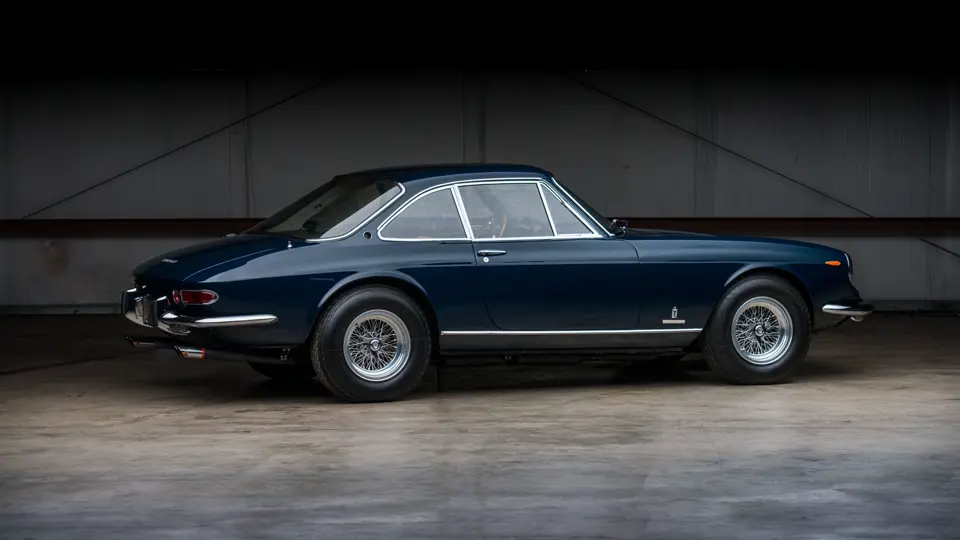



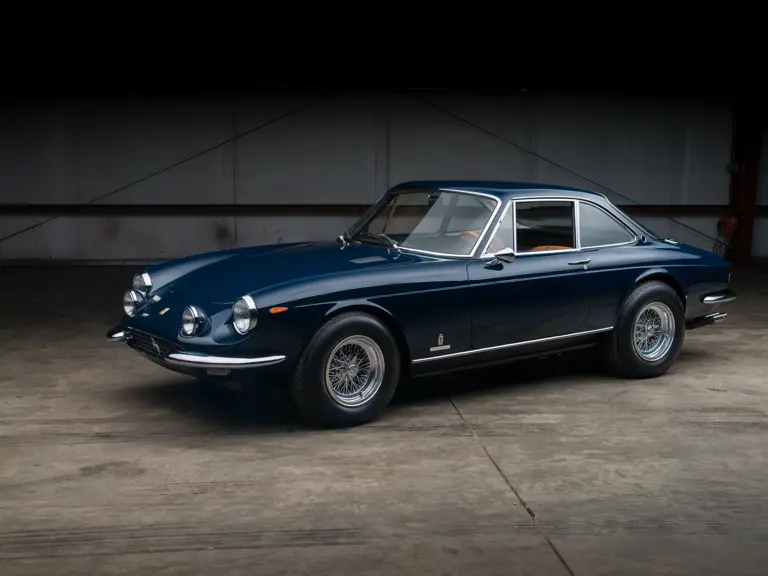
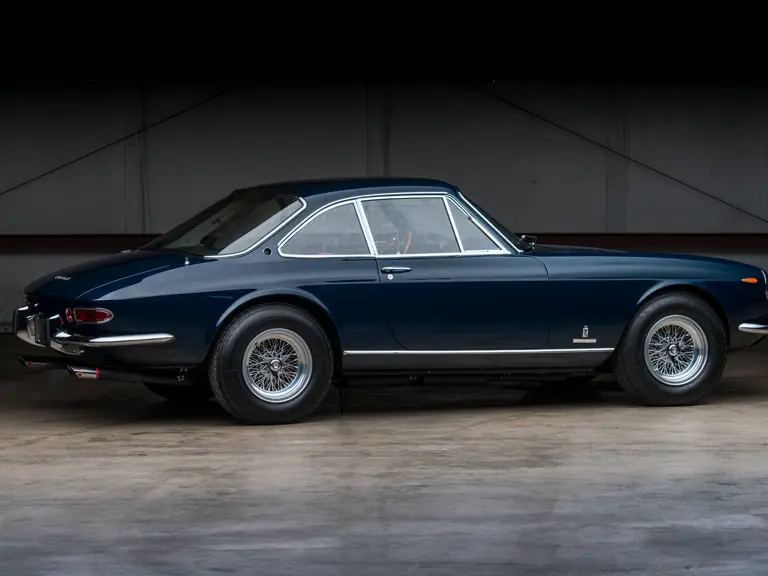
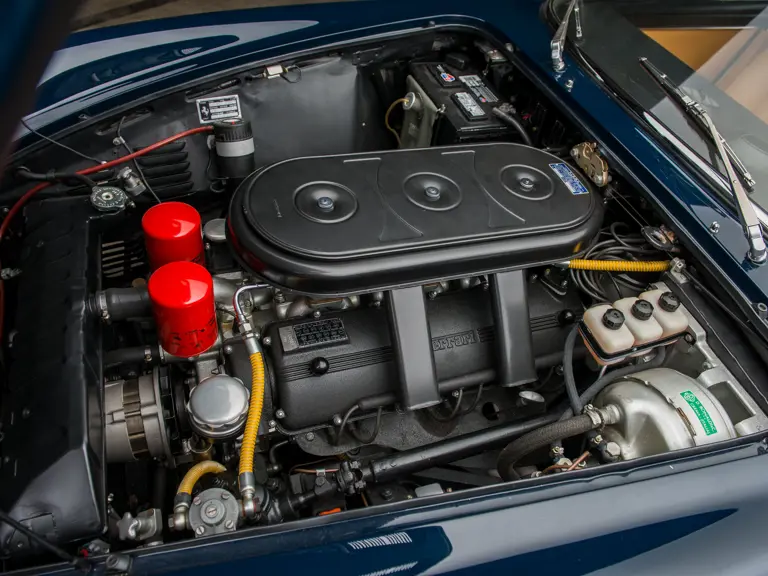
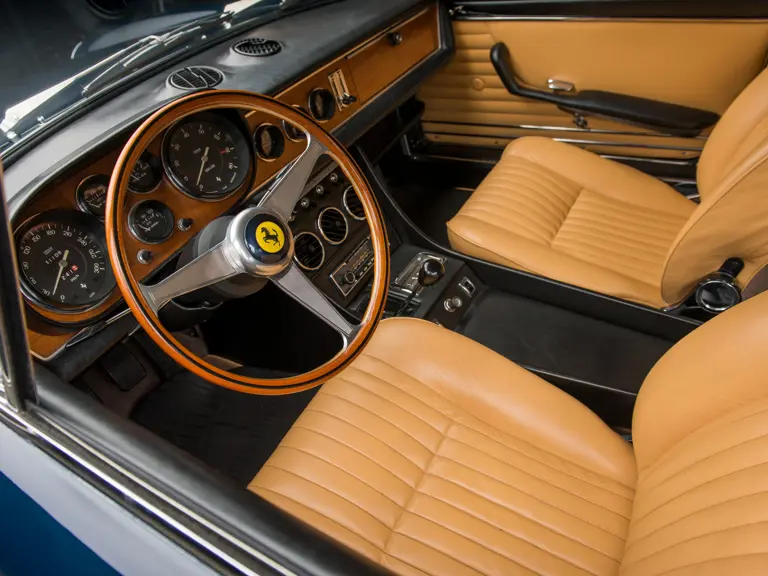
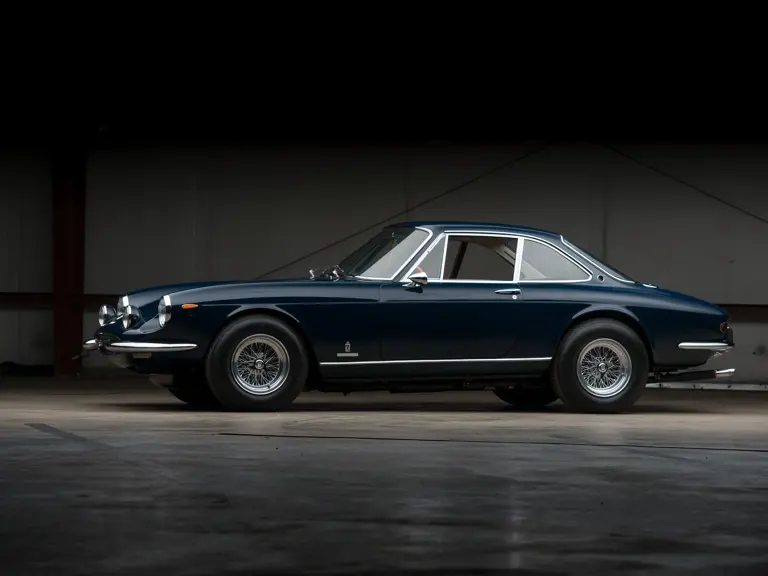
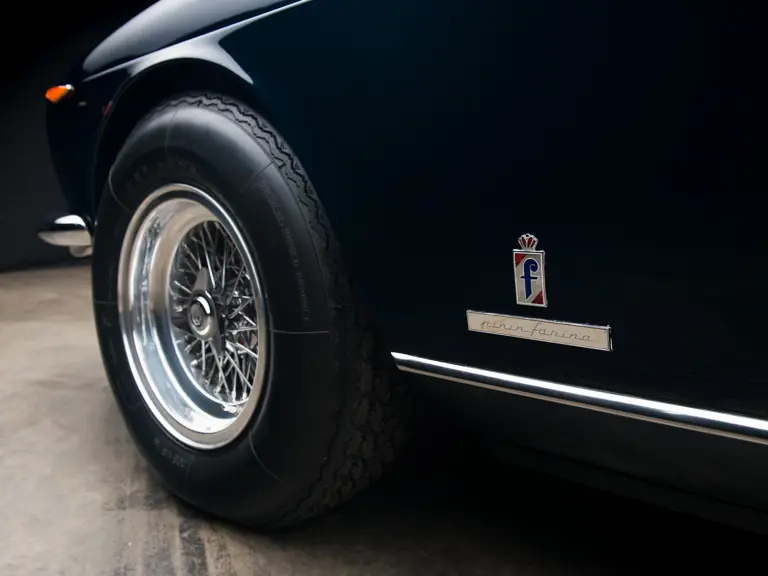
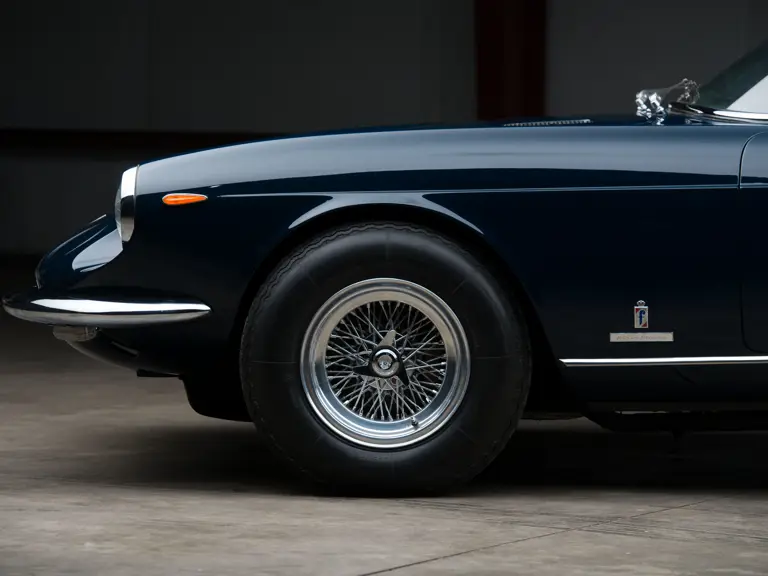
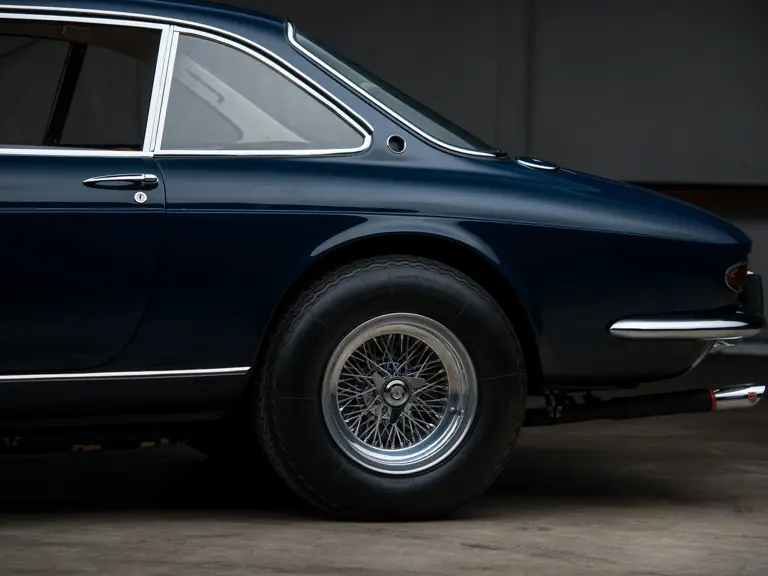
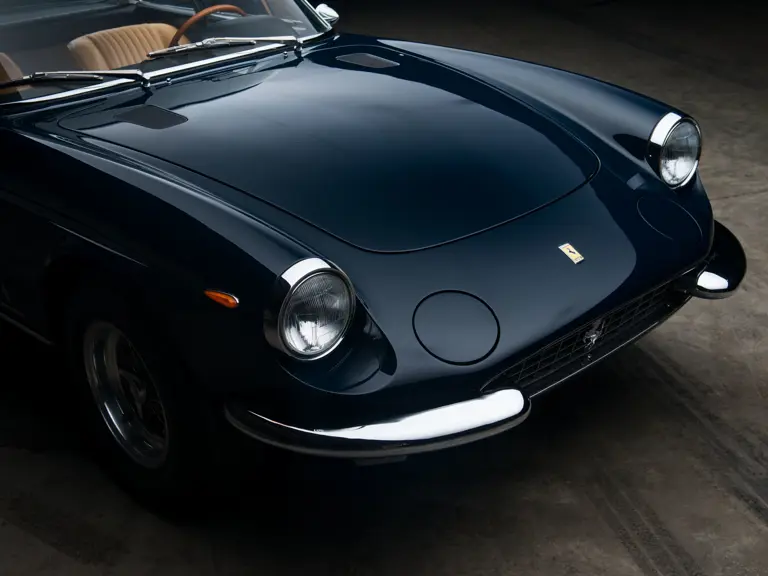
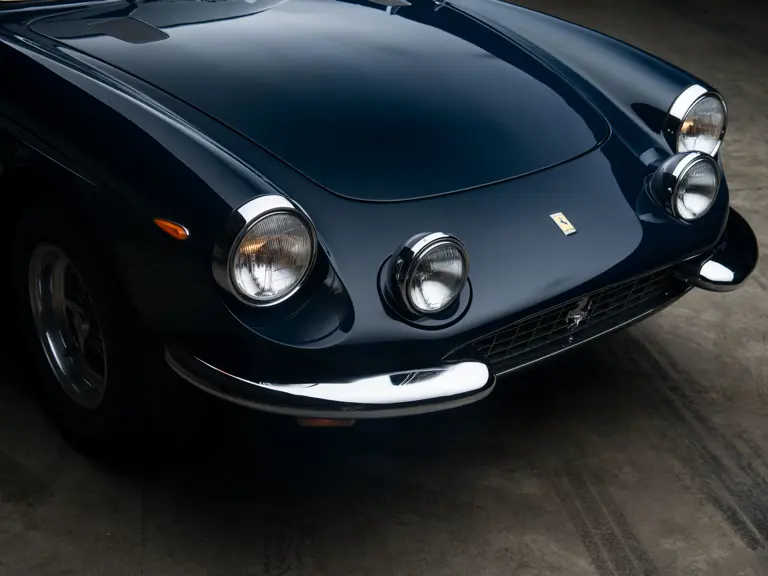
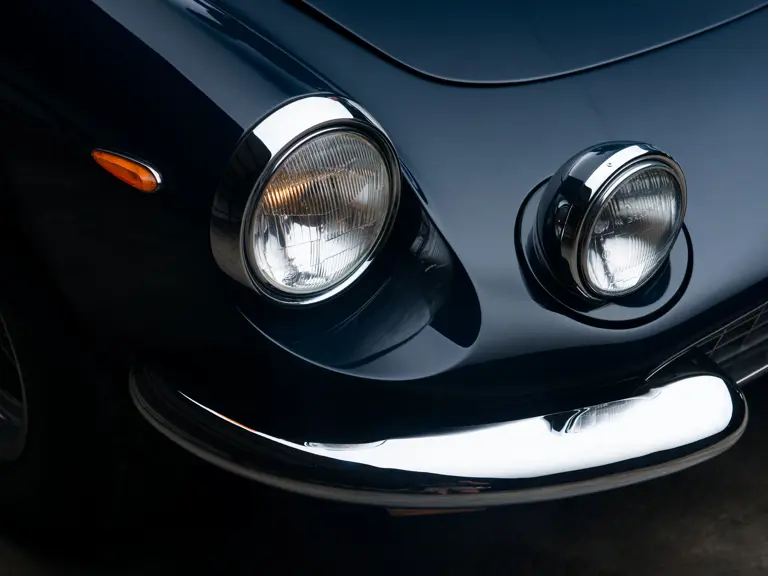
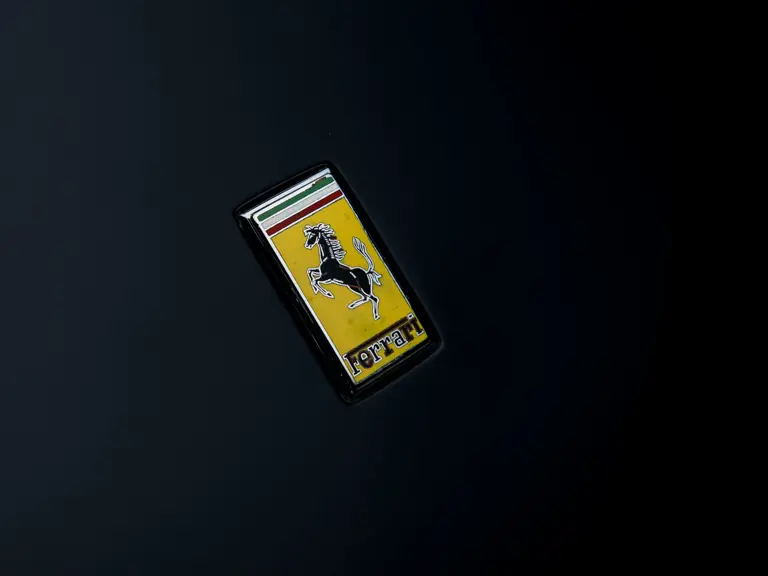
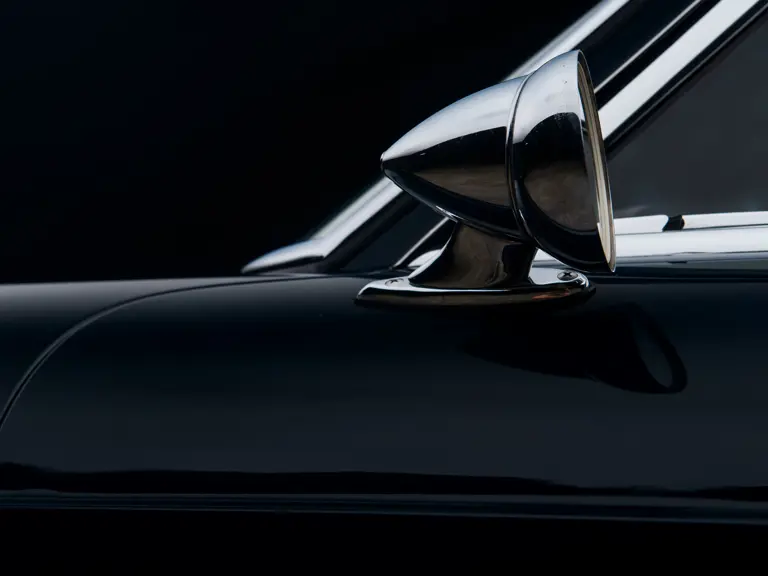
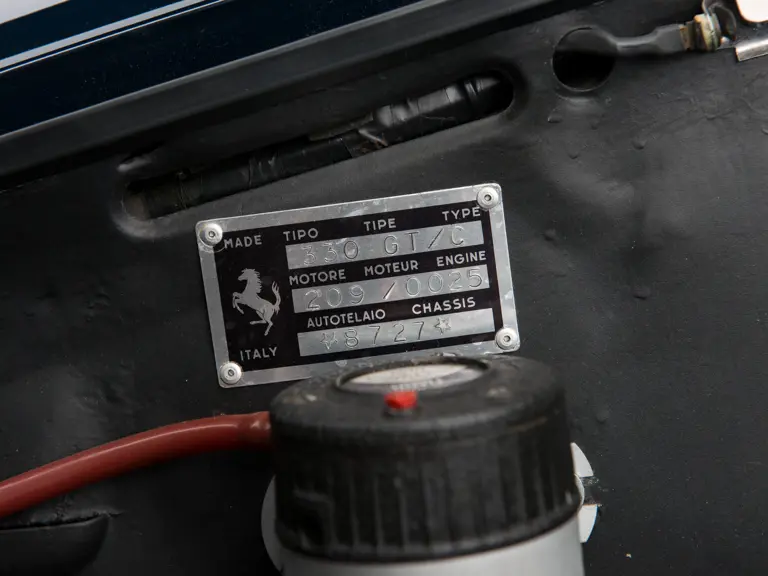
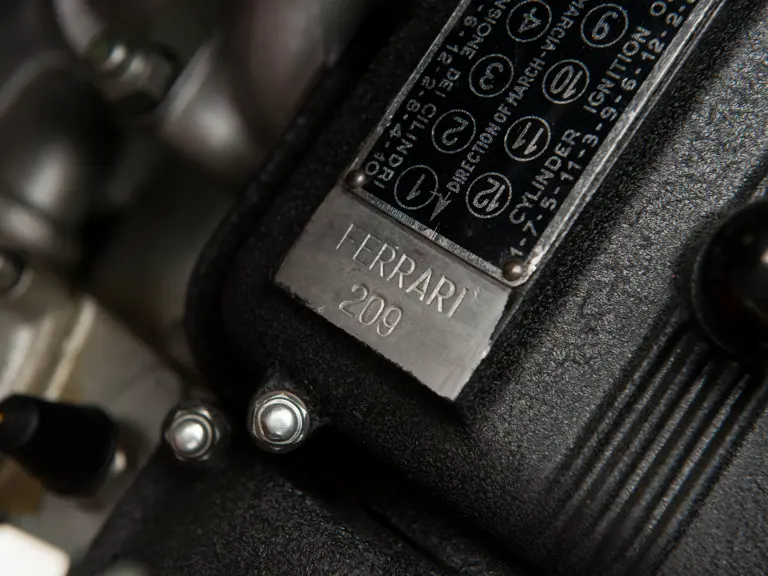
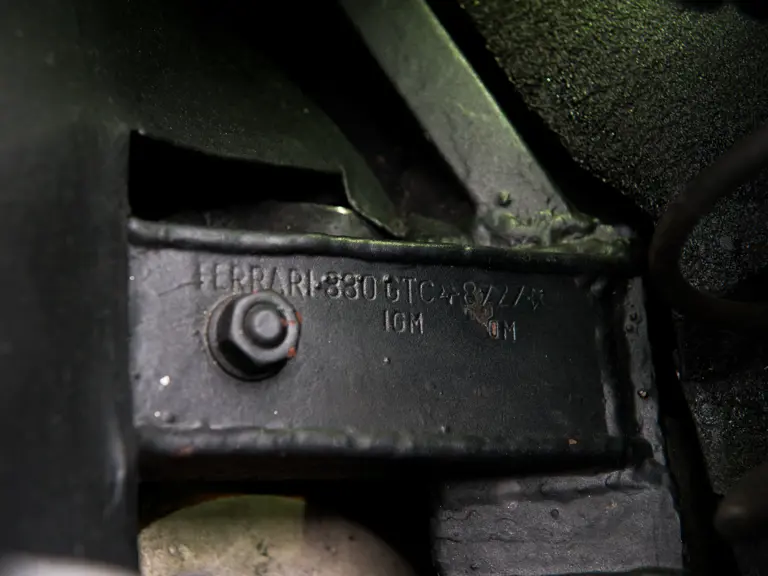
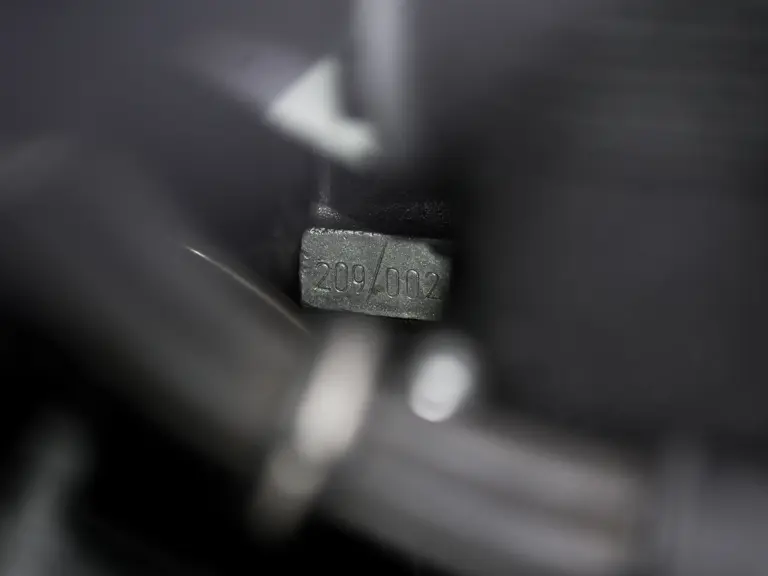
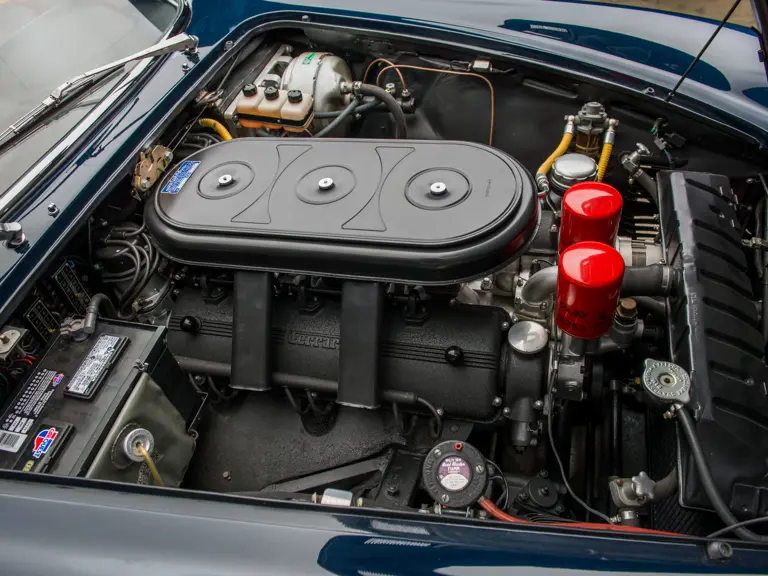
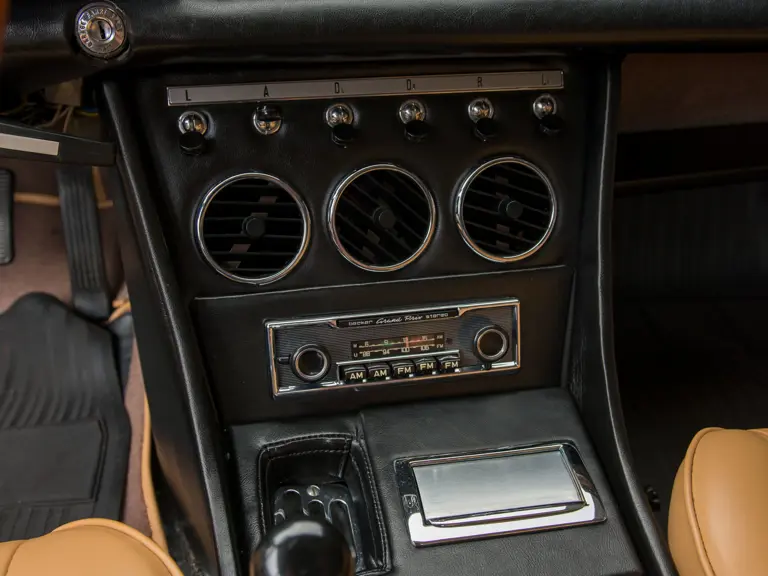
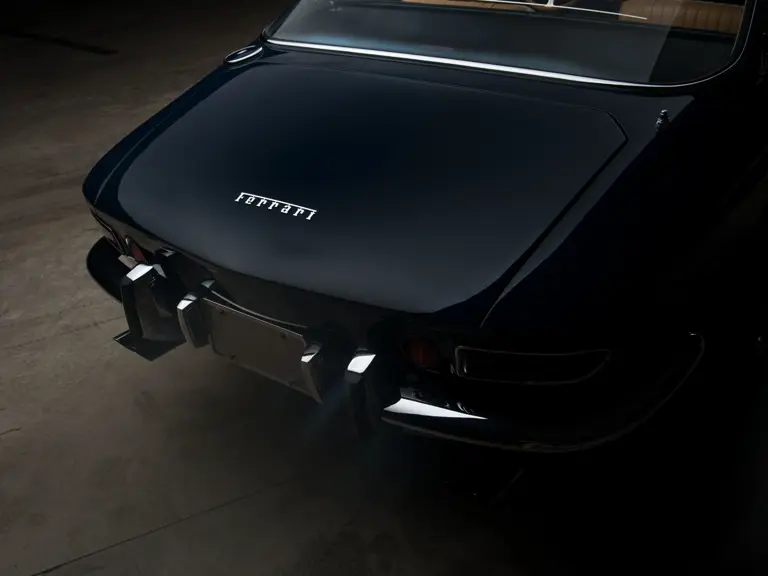
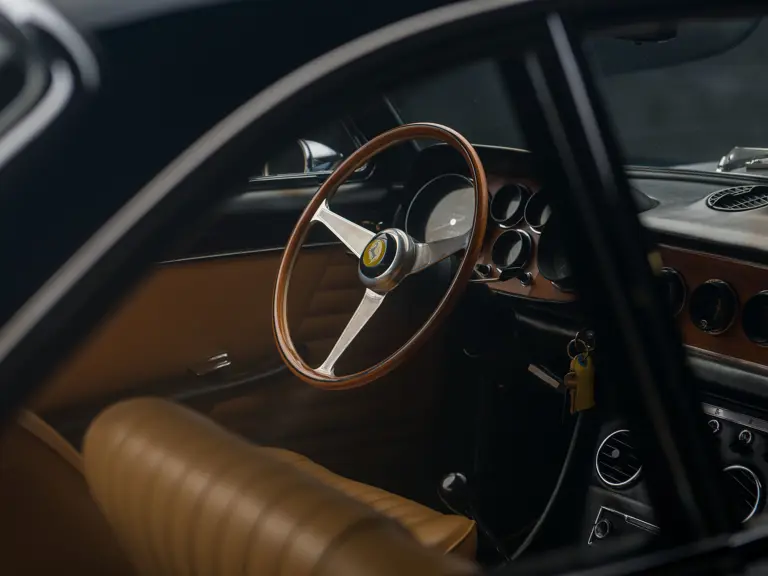
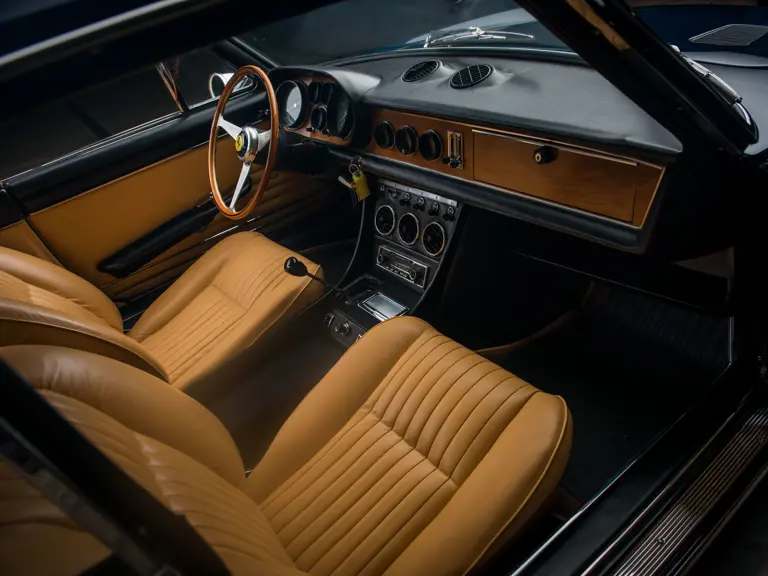
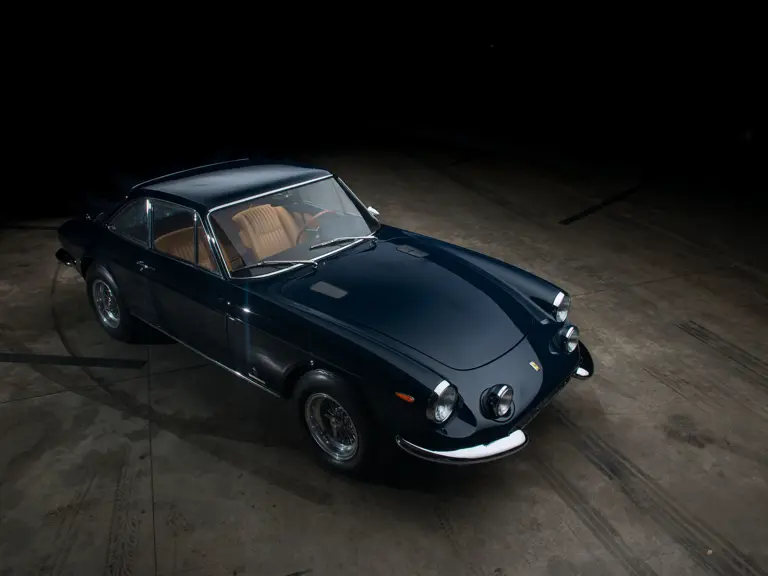
 | Phoenix, Arizona
| Phoenix, Arizona
